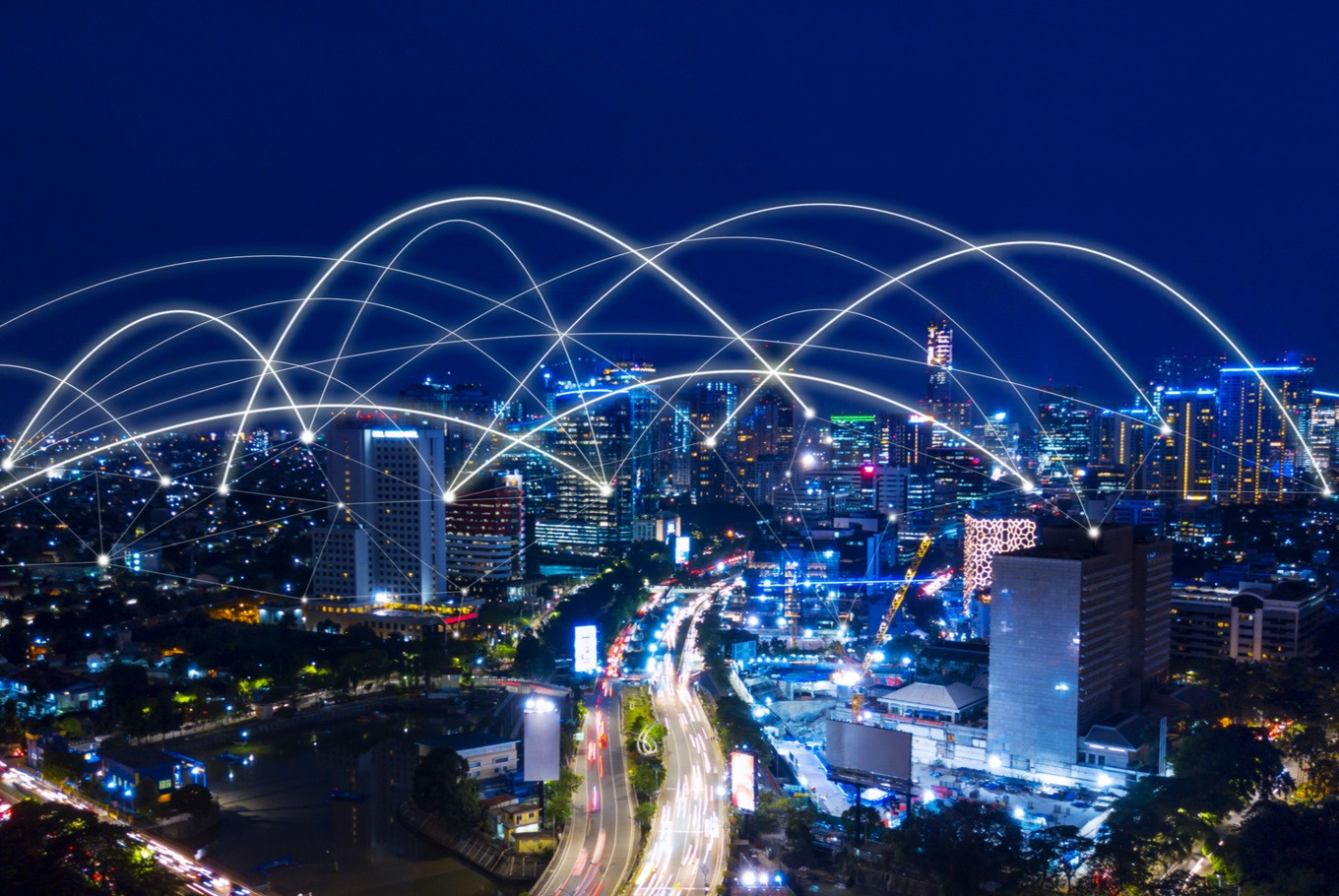Edge computing and 5G powering a greener Indonesian economy
The Indonesian IoT market is expected to reach US$30 billion by 2022, and the sector’s impact will be significant in enhancing industrial productivity.
Change Size
 Indonesia has the world’s fifth-highest number of internet users. Indonesian internet users increased from 132.7 million to 150 million last year. (Shutterstock/Creativa Images)
Indonesia has the world’s fifth-highest number of internet users. Indonesian internet users increased from 132.7 million to 150 million last year. (Shutterstock/Creativa Images)
I
ndonesia is aiming to be one of the top five economic powers by 2030 that is more responsive to the changing global climate. To do so, network technologies such as 5G and edge computing will play a major role in building a more efficient, digitized, and greener nation.
Although the rest of the world is on an economic slowdown, this vast archipelago is in a unique position to jumpstart its economy by future-proofing its infrastructure to help businesses big and small to pivot toward change.
With progressive policies such as rolling out more than 2 million electric vehicles on the roads by 2025, and becoming an electric vehicles (EV) exporter by 2030, it is clear the country is looking at revolutionizing its economy while striving for an environmentally friendly future. To make this vision a reality, technology offers a disruptive role in helping to streamline processes by deploying more data workloads at “the edge”.
Instead of using a centralized cloud-based architecture, edge computing places computing, storage, and networking resources at the edge of the network; wherever the data is being hosted, be it in Jakarta or in other cities closer to the end user.
Edge computing can help transform industries, offering localized data analysis, artificial intelligence, process automation, and other digital capabilities. Even applications within Internet of Things (IoT) would benefit greatly from these systems.
The Indonesian IoT market is expected to reach US$30 billion by 2022, and the sector’s impact will be significant in enhancing industrial productivity. The real potential of IoTs will be applying the technology to sectors that contribute to 50 percent of Indonesia’s economy, such as manufacturing, agriculture, and natural resources.
The government aims to shift the country’s manufacturing capabilities to more high-value and complex products with IoT at the heart of this transformation. According to General Electric, the country’s manufacturing sector alone is performing at 30 to 35 percent with the government aiming to increase the sector’s contribution to gross domestic product from 20 percent to 25 percent by 2025.
With the upward trend in edge and cloud adoption, Indonesia is on pace toward fulfilling the vision of digitally transforming and driving greater efficiency in the country’s manufacturing sector.
With low latency 5G networks, digital infrastructure can be further expanded, opening new possibilities for services that demand nearly instant response time, while overall reducing the carbon footprint of the nation. For example, instead of traveling, one could use the digital infrastructure to complete their day-to-day tasks, while reducing operational costs for businesses. Industry examples include telemedicine, online education, efficient e-commerce logistics, and video communications.
Thanks to the pandemic, more micro, small and medium enterprises (MSMEs) and corporations in Indonesia are striving toward being digitally enabled, with some increasing their use of cloud technology and automation to increase efficiencies, reduce paper consumption and streamline processes. With the increasing availability of machine learning resources, more businesses will be able to securely process their operational technologies in order to scale up their businesses.
F5’s latest State of Application Strategy Report found that digital transformation continues to accelerate globally, with organizations updating applications and architectures to transform both customer-facing as well as back-office functions. For the ASEAN region, the survey found that the region prioritizes running security workloads at the edge, to help prevent distributed dial-of service attacks, fraud, and illegal access. The overall consensus about edge deployment is (unsurprisingly) that everyone wants their apps to be secure, fast, and readily available.
More organizations embrace the principles of zero trust, identity, and access management technologies, which are now the most commonly deployed category of app security and delivery technologies.
Thus, organizations and countries seeking to open new market opportunities and transform business processes, need to start preparing and implementing secure edge clouds to dynamically grow new business opportunities.
The future is looking bright and we look forward to seeing what more can be done.
***
The writer is coountry manager, F5 Indonesia.









